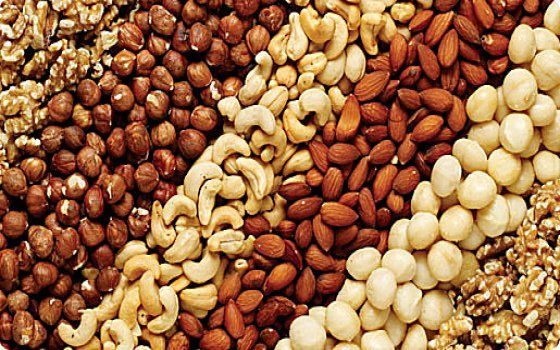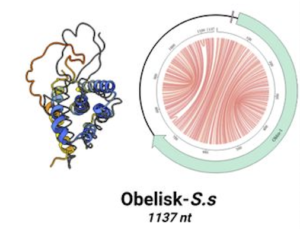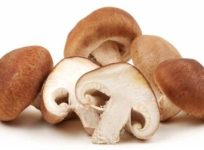A new study of more than 8,000 mother-child pairs followed from birth through adoloescence indicates that incidence of childhood allergies to peanuts and other nuts is lowest in children born to mothers who eat the most nuts during pregnancy.
The caveat is that this pattern holds true only if the mothers themselves are not allergic to nuts.
The findings will, no-doubt, add fuel to an already contentious debate about the origins of childhood nut allergy and what everybody should be doing about it.
 Nut allergy in children seems to be rampant in the US, as anyone involved with small children can attest. It has gotten to the point that some school districts have essentially banned peanut butter. By best estimates, 1.4% of all American schoolchildren have allergies to peanuts.
Nut allergy in children seems to be rampant in the US, as anyone involved with small children can attest. It has gotten to the point that some school districts have essentially banned peanut butter. By best estimates, 1.4% of all American schoolchildren have allergies to peanuts.
A. Lindsay Frazier and colleagues at the Dana-Farber/Boston Children’s Cancer and Blood Disorders Center in Boston, studied data from 8,205 children born between Jan. 1, 1990 and Dec. 31, 1994 to mothers who were keeping detailed records of their diets at or around the time of pregnancy. Within this cohort, 140 children had developed a peanut or tree nut allergy by the time they were adolescents. Self-reported cases of physician-diagnosed nut allergies were reviewed and confirmed independently by two pediatricians.
They found that incidence of peanut and tree nut allergy was significantly lower among children of the 8,059 nonallergic mothers who consumed more nuts in their peripregnancy diets. Children of moms who ate nuts five or more times per month were roughly 70% less likely to develop childhood nut allergies as those whose moms ate nuts less than one time per month. The findings, published in the December 23 edition of JAMA Pediatrics, were highly statistically significant.
The Farber team also observed a nonsignificant positive association between maternal nut consumption and risk of allergy in the offspring of 146 mothers who were known to be allergic.
The new data collide head-on with the American Academy of Pediatrics’ 2000 guidelines recommending that pregnant and lactating women avoid all nuts, and to withold nuts to children until at least age 3. Though the Academy revised these recommendations in 2008, indicating that there was no need to banish nuts during pregnancy, many physicians and parents have continued to view nuts with suspicion, erring on the side of caution.
While Dr. Frazier and colleagues acknowledge that “additional prospective studies” are still needed in order to arrive at definitive conclusions, they contend that their data, “supports the hypothesis that early allergen exposure increases the likelihood of tolerance and thereby lowers the risk of childhood food allergy.”
END







